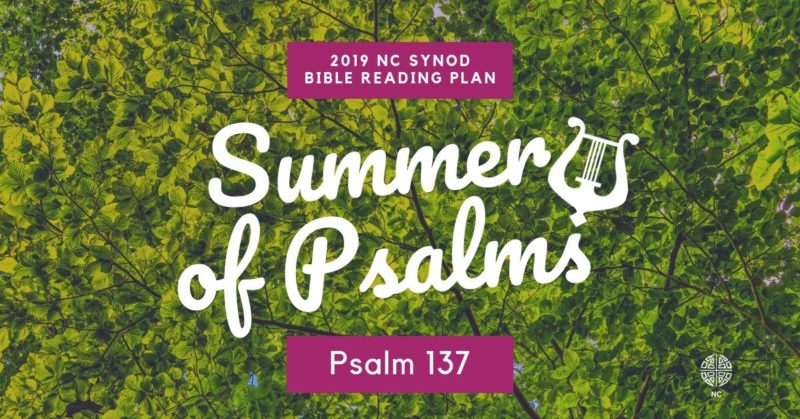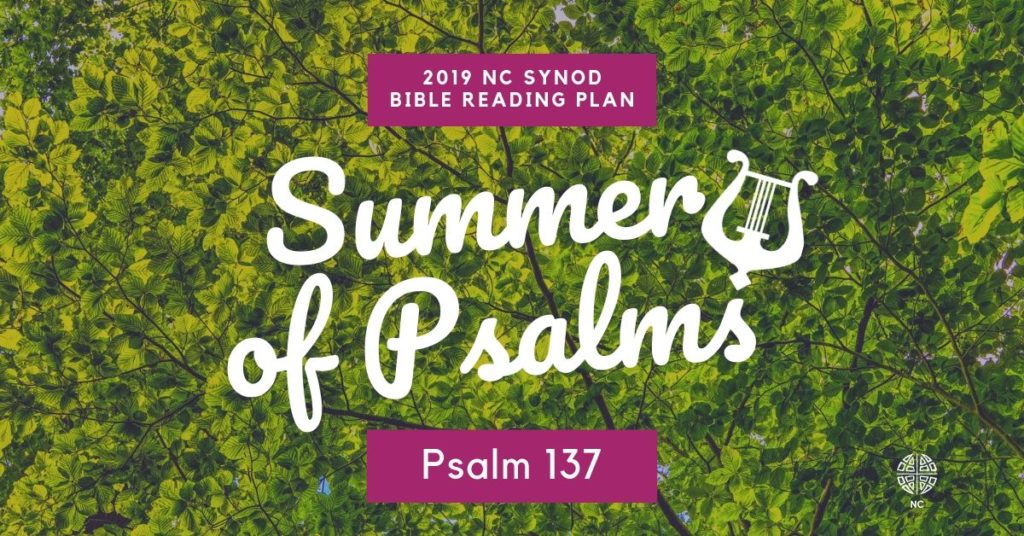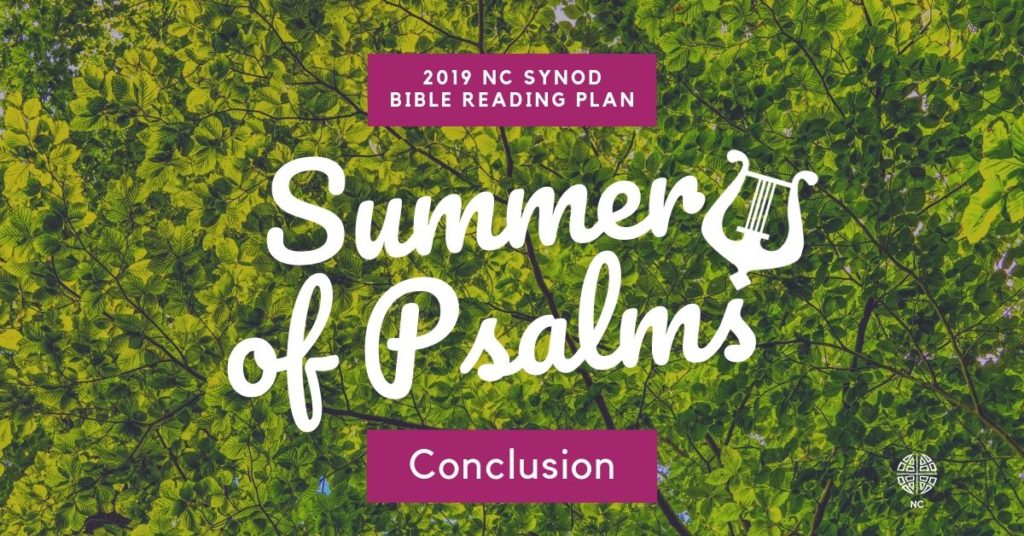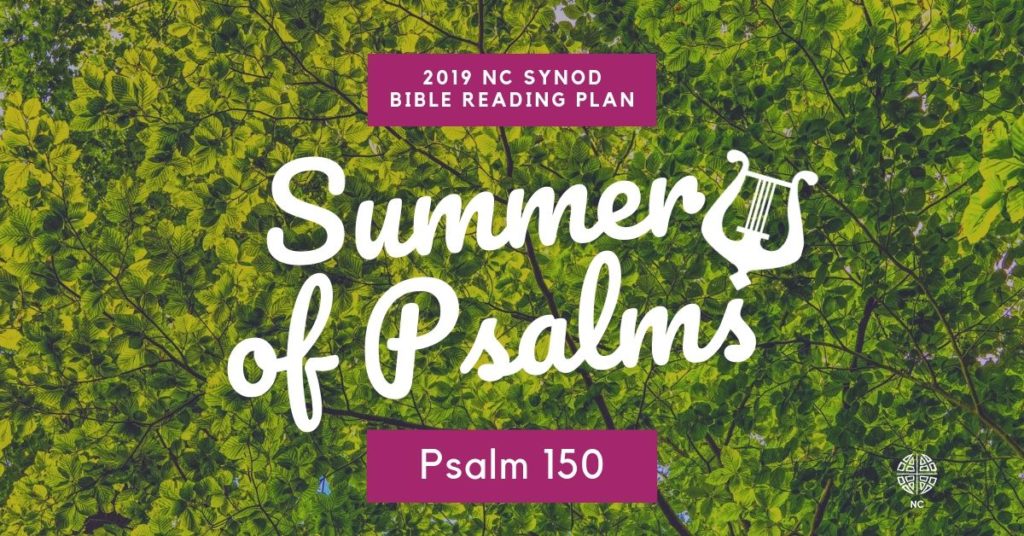Reading 22—A Cursing Psalm
Psalm 137
READ PSALM 137
The psalms are not God’s word to us. They are record of the psalmist’s words to God. Sometimes the words of the psalmist give voice to the darkest emotions of the human heart. In her book, Getting Involved with God—Rediscovering the Old Testament, Ellen F. Davis refers to these psalms “the cursing psalms” Perhaps the most notorious is Psalm 137.
The psalm begins innocently enough with a lament:
By the waters of Babylon we sat down and wept, when we remembered you, O Zion.
But it ends with these disturbing words:
Happy shall they be who take your little ones and dash them against the rock!
In his book, The Book of God: The Bible as Novel, Walter Wangerin Jr. places this psalm in the context and form of a letter written by Ahikam, an exile in Babylon, to the prophet Jeremiah who is exiled in Egypt. In the letter Ahikam tells Jeremiah how angry and sad he is. He goes on to write about an incident that happened to him the day before.
As Ahikam was out walking, he heard men’s voices singing slowly in the distance. They were Jewish men, singing a weary melody. Following the song, he came into the presence of 10 men standing on the bank of a little canal singing. Then through the trees behind them came a group of Babylonian guards, all armed. The guards shouted in their own tongue, “Sing a happy song!” Immediately, the men stopped singing. Their captors yelled: “Get up and sing a cheerful song, something your mother sang when she was happy!” A soldier grabbed Ahikam and said, “You, Ahikam, have a good voice. Sing to your God.” Ahikam replied in Babylonian, “how can I sing the Lord’s song in a foreign land?” The soldier produced a small dagger and so Ahikam sang a song, in his native tongue, a tongue the soldiers did not understand:
“Daughter of Babylon, you destroyer! Blessed be the man who takes your children one by one, smiling infants, lads and lasses, and dashes their skulls against the stones!”
Such is the subversive nature of this psalm. A psalm sung by the powerless to the powerful, by the oppressed to their oppressor, in hopes that God will once again set them free.
To Consider
How does this psalm affirm or disturb your understanding of prayer?
How does this psalm make you feel?
God of courage and compassion, comfort the exiled and oppressed, strengthen the faith of your people, and bring us all to our true home, the kingdom of our Lord and Savior Jesus Christ. Amen.
Phil Thorsen has been a pastor in the NC Synod since 2000 and currently serves at St. Mark’s, China Grove. He and his wife Meg reside in Salisbury. In his free time, he plays guitar in the Salisbury Swing Band, Rev It Up, or with anyone who is interested.





